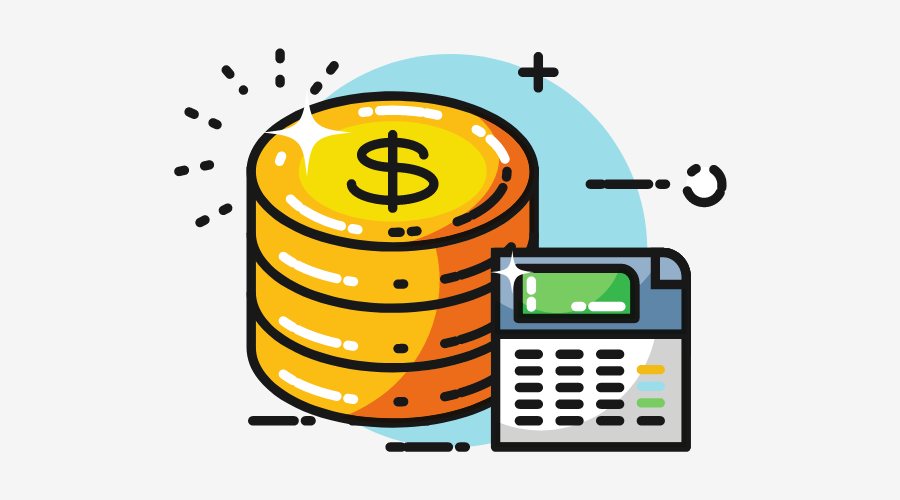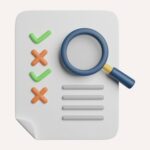Financial stability is a goal that many of us strive for.
It means having enough money to pay your bills, satisfy your financial obligations, and have enough left over for savings or investments.
In this blog post, we’ll look at 17 signs that you’re financially stable, ranging from being debt-free to having a emergency fund.
1. You have an emergency fund
Simply having an emergency fund demonstrates that you are financially secure.
This means you’ve saved money for unforeseen needs like medical bills or car repairs and aren’t depending on credit cards or loans to handle them.
2. You have a budget and stick to it
Having a budget and sticking to it is one of the signs of financial stability.
This implies you have a strategy for your income and spending and can efficiently manage your money.
It also implies that you are not overspending or living beyond your means, both of which may lead to debt and financial stress.
3. You have no debt or are actively paying it off
Having no debt or actively paying it off is one measure of financial security.
This implies you are not burdened by high-interest debt and are progressing toward your financial objectives.
Some indicators of financial stability include having enough money to pay bills on time and not being concerned about money.
Savings, net worth, and insurance coverage are other indicators of financial health.
4. You have a retirement plan
Having a retirement plan is one of the signals that you are financially secure.
This indicates you have a retirement plan in place, such as a 401(k) or IRA, and you are actively contributing to it.
A retirement plan demonstrates that you are considering your future and taking actions to secure your financial stability in retirement.
5. You have insurance
Having insurance is one of the indications that you are financially savvy and secure.
This indicates you’ve taken precautions to safeguard yourself and your possessions from unforeseen circumstances that may result in financial difficulty.
6. You have a good credit score
A high credit score indicates financial stability.
That implies you are responsible with your credit use and make on-time payments, which might work in your favor.
Late payments, on the other hand, might lower your credit score.
7. You live below your means
Living within your means entails avoiding spending more than you earn.
It is an essential component of financial stability and liberty. Being able to put aside money each month for savings objectives and having a buffer for unforeseen needs are both signs that you are financially solid.
On the other side, symptoms that you are living above your means include simply making minimal credit card payments, carrying a credit card debt, and failing to save at least 5% of your salary.
8. You invest your money
Investing your money is one approach to attain financial stability.
You don’t allow your money to sit idle and invest in stocks, bonds and real estate.
9. You have a financial plan
A financial plan indicates that you have a clear strategy for managing your funds and reaching your financial objectives.
Having a financial plan keeps you on track and helps you in securing your future financially.
10. You have a steady income
A regular and steady income indicates financial stability.
That implies you have a consistent stream of income from which you can meet your bills and save for the future.
11. You have multiple sources of income
Having multiple sources of income indicates financial stability.
This implies you have more than one source of income, which may lead to better financial stability and the capacity to pay off debts more quickly.
Having a second job, investing in stocks or real estate, or launching a company are all examples of various sources of income.
12. You prioritize saving for the future
Saving for the future is an indication that you are financially secure.
This implies that you regularly put away money for long-term objectives, such as retirement or a down payment on a home, and prioritize saving above spending on frivolous items.
13. You have a healthy relationship with money
A healthy relationship with money indicates that you are financially solid and follow sound financial practices.
This involves spending money on things that are important to you, having minimal or appropriate debt, saving money to fulfill your objectives, and having a safety net, such as an emergency fund.
Having a spouse who shares your financial beliefs, being able to pay your bills on time, having a decent credit score, and having a strong retirement plan are all signs of financial stability.
14. You are financially literate
Being financially literate includes being able to comprehend and use a variety of financial abilities, such as personal financial management, budgeting, and investing.
Those that are financially savvy are conscious of their habits and do not pay for services that they do not use. They sometimes request and get discounts for being a good client.
They continually seek methods to reduce expenses without reducing service, and they always pay on time to avoid fines.
15. You regularly review and adjust your finances
This means you are aware of your income, spending, and debts, and you make adjustments as required to guarantee you are living within your means and progressing toward your financial objectives.
16. You are financially independent
Financial independence implies that you have attained financial security and can sustain yourself without the assistance of others.
17. You have a plan for the unexpected
A contingency plan is a series of measures to take in the event of an emergency or an unforeseen incident.
A mortgage contingency plan, for example, can assist a prospective home buyer in obtaining financing if they are unable to do so.








